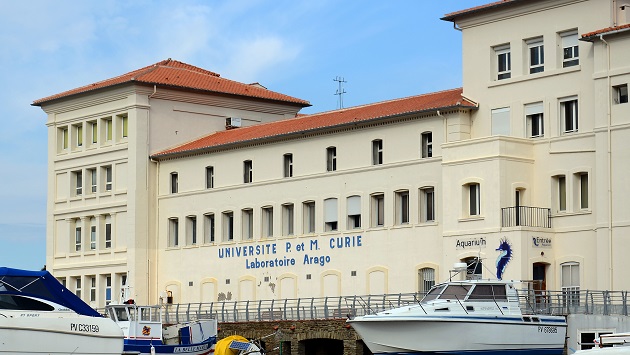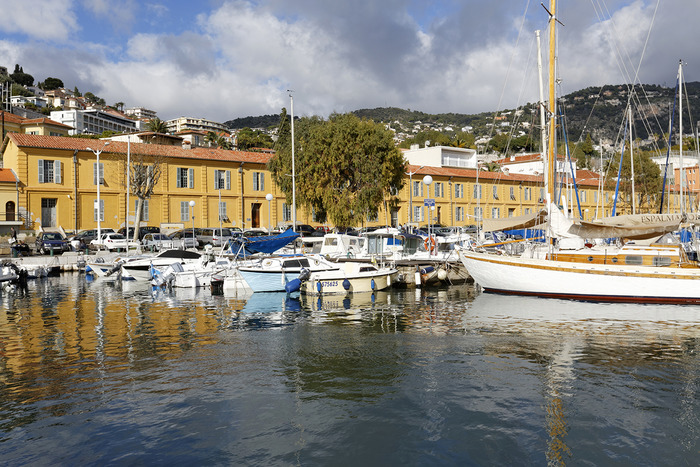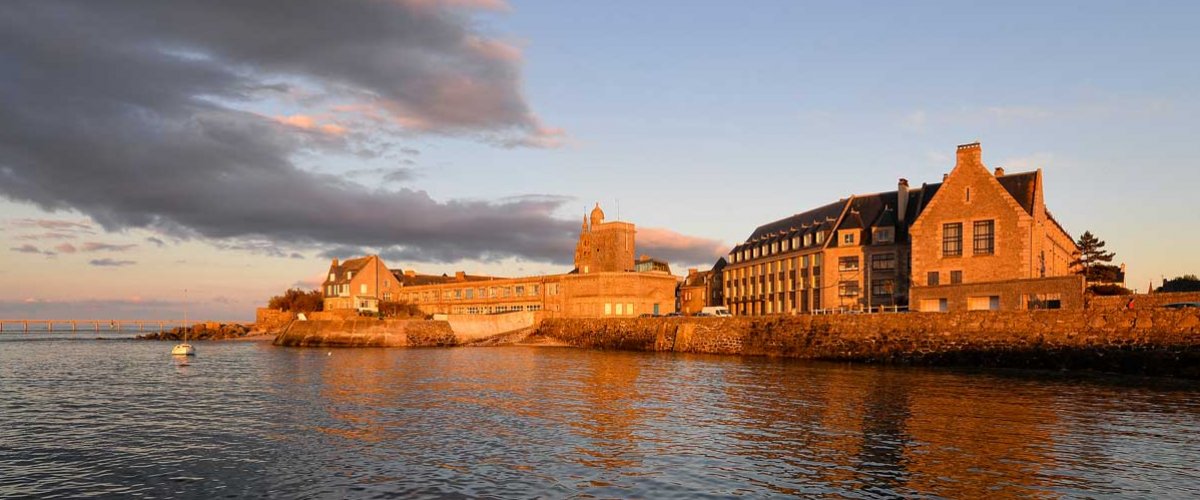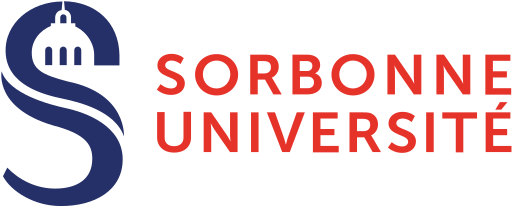Sorbonne University
General Information
Sorbonne University-SU is a European and global university, actively engaged in the most important issues in contemporary society, and it contributes to the advancement of knowledge on an international scale. SU supports the development of an intercultural context for its students through an internationalisation of its academic programmes.
As a European university, SU plays a leading role in the development of European education and research and is deeply involved in the principal of European networks working together in a ‘knowledge triangle’. Marine sciences at SU is an important component of the education in environmental sciences bringing faculties of multiple origins to educate on interdisciplinary subjects. IMBRSea fully participates in this internationalisation of both students and faculties. The program is held entirely in the three marine stations of Sorbonne University which are in Roscoff, Banyuls, and Villefranche sur Mer.
Housing
IMBRSea students coming to study at SU are usually hosted in the facilities of the three marine stations. Prices for rooms and meals are regularly updated and available online, please refer to the links for each station, below:
Registration at UPMC results in an automatic registration at one of the hosting facilities, as soon as students have chosen the courses they will follow. The cost is ensured to stay low, because of the financial support provided by the institutions (UPMC and Oeuvres Universitaires et Scolaires). However, students can choose to find their own accommodation outside the campuses, using local assistance. A presentation and booklet will be provided to all students at the beginning of each semester, which encompasses all information about access such as maps, costs and all the local facilities (restaurant hours, internet accesses, laundry, local shops...).
Living Costs:
Services
Access to online library, classrooms and labs, Bio2Mar Platform, Information System, and many research facilities.
Visa Information
If you are not an EU/EEA or citizen of Switzerland, you will need to obtain a visa for studying in France.
There are different types of student visas in France:
- Visa de court séjour pour etudes (‘Schengen’ short-stay student visa):
You can go to France and study for up to three months on this visa without the need for a separate residence visa. This is suitable for those enrolling in a language course or other short-term programme. It is issued free of charge and cannot be renewed. These countries may not need a visa for a stay of less than three months.
- Etudient concours (visa for sitting entrance exams):
This visa allows you to come to France to take an entrance exam at an institute of higher education. If you pass, then you can apply directly to your local prefecture (French local authority/administrative office) in France for a one-year, renewable, residence permit. Find a map of French prefectures here.
- Visa de long séjour temporaire pour etudes (temporary long-stay visa):
This visa allows you to study in France for between three and six months without the need for a residence permit. It is non-renewable.
- Visa de long séjour etudes (long-stay visa):
If you want to study for longer than six months, then you need to apply for the long term student visa in France. As from 2013, this type of study visa (which is also your residence permit) now lasts for the duration of your course in France: three years for bachelors, two years for a Master’s and four years for a PhD. Long-stay visas act as residence permits and are called VLT-TS.
The extended stay VLS-TS’ visa is for all international students (except those from Algeria who don’t need one) who wish to enrol in a course at a French institute of higher education. You have to provide information on your academic background, French language proficiency and adequate financial resources (approximately EUR 615 per month).
On your arrival in France, you must contact the French Office of Immigration and Integration (OFII), send them the official form issued by your consulate, possibly have a medical examination and pay a fee of EUR 58 in the form of a tax stamp (available from tabacs (tobaconists), tax offices and online here). Some universities have an agreement with the OFII, whereby you do this through them rather than the OFII (check with your own school or university).
How to apply for a French student visa
Some countries require you to register first with CampusFrance, the French national agency for higher education and international students, in order to apply for admission and get a student visa through the CEF procedure. You can check CampusFrance to find out if you need to do this. Otherwise, you should apply for a course via the university website, and get your visa at the French embassy/consulate in your home country. See here for a full list of French consulates and embassies able to issue visas.
Whether you are taking part in an exchange programme, enrolling at a French educational institution as an independent student, or as part of a programme organised by an institution in your home country, you will need to provide the consulate with the following France study visa requirements:
- an official enrolment or acceptance letter on the headed paper of the institution, stating your full details, details of the French institution and specifying the start and end dates of the academic programme.
- proof that you have sufficient funds (currently EUR 700 per month), for example, bank statement, guarantor’s letter, or notice of a grant or funding from an official source.
- an airline ticket/reservation showing date of departure or handwritten statement from yourself with an intended departure date.
- proof that you have medical insurance with a minimum cover of EUR 30,000.
- proof that you have accommodation. If you’re staying on campus or student housing, then you’ll need an official letter from the university or college confirming the details. If you’re staying with family or friends then they’ll need to get a certificate of board and lodging (attestation d’accueil) from their town hall.
Exams
Written exams, oral presentations and practical assignments are to be expected for grading students through the courses period at Sorbonne University.
The French grading system is based mostly on a 20-point grading scale. It is used above all in secondary schools and universities with the following mentions (honors):
- 16–20: very good (très bien: TB)
- 14–15.9: good (bien: B)
- 12–13.9: satisfactory (assez bien: AB)
- 10–11.9: correct (passable; not an official grade)
- 0–9.9: fail (insuffisant).




